HORSBURGH Meica Jayne
Events and Medals
Schedule
Change
| Start Time | Location | Event | Status |
|---|---|---|---|
| Makuhari Messe Hall C |
ISR Israel 11 AUS Australia 1 |
Finished |
|
| Makuhari Messe Hall C |
AUS Australia 0 CHN China 6 |
Finished |
|
| Makuhari Messe Hall C |
CAN Canada 3 AUS Australia 4 |
Finished |
|
| Makuhari Messe Hall C |
AUS Australia 4 RPC RPC 1 |
Finished |
|
| Makuhari Messe Hall C |
TUR Turkey 10 AUS Australia 6 |
Finished |
Biographical Information
Highlights
:
| Rank | Event | Year | Location | |
|---|---|---|---|---|
| Paralympic Games | ||||
| 9 | Women | 2016 | Rio de Janeiro, BRA | |
| 9 | Women | 2012 | London, GBR | |
| World Championships | ||||
| 8 | Women | 2018 | Malmo, SWE | |
| 9 | Women | 2014 | Espoo, FIN | |
:
Meica Christensen
:
Water skiing, travelling. (paralympic.org.au, 31 Aug 2016)
:
Administrator, Athlete
:
Husband Jon Horsburgh
:
English
:
Peter Corr [national]
:
Her husband Jon Horsburgh has played goalball for Australia. (abc.net.au, 11 Dec 2020)
:
2004 for Australia, in Malmo, Sweden (paralympic.org.au, 31 Aug 2016)
:
She began playing goalball in 2004. (london2012.paralympic.org.au, 01 Jan 2012)
:
She was introduced to the sport by her brother and sister. "I remember not really liking the game that much, but I got into it as one of my high school friends competed for Australia. I started playing socially and I loved the fact that I finally found a place where I fit in." (paralympic.org, 05 Aug 2020; paralympic.org.au, 31 Aug 2016)
:
To win a medal at the 2020 Paralympic Games in Tokyo. (paralympic.org, 05 Aug 2020)
:
Qualifying for the 2012 Paralympic Games in London. (paralympic.org, 05 Aug 2020)
:
US goalball player Asya Miller. (paralympic.org.au, 31 Aug 2016)
:
Her parents. (paralympic.org, 25 Sep 2020)
:
"Why try so hard to fit in, when you were born to stand out." (paralympic.org, 25 Sep 2020)
Legend
- :
- Gold Medal Event
- :
- Silver Medal Event
- :
- Bronze Medal Event
Timing and scoring provided by OMEGA. Results powered by Atos
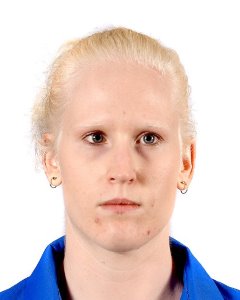
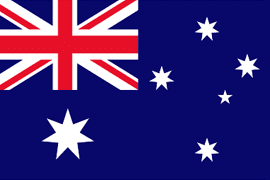 Australia
Australia Goalball
Goalball ISR
ISR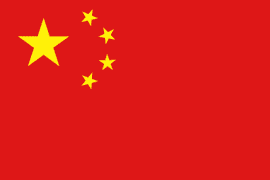 CHN
CHN CAN
CAN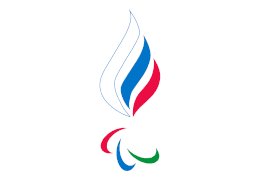 RPC
RPC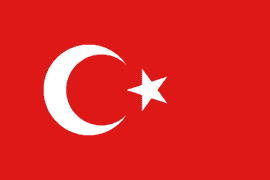 TUR
TUR

 :
: :
: :
: